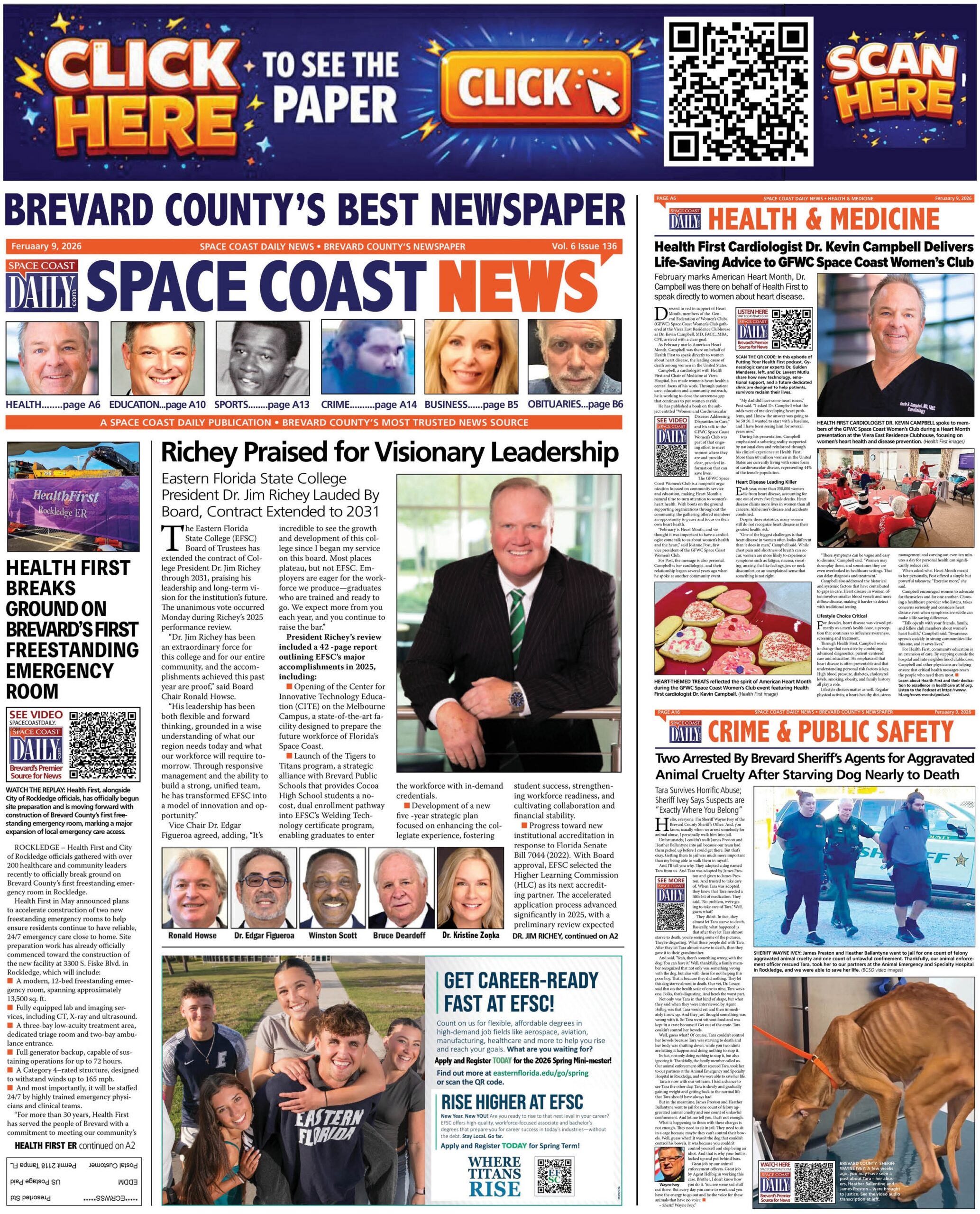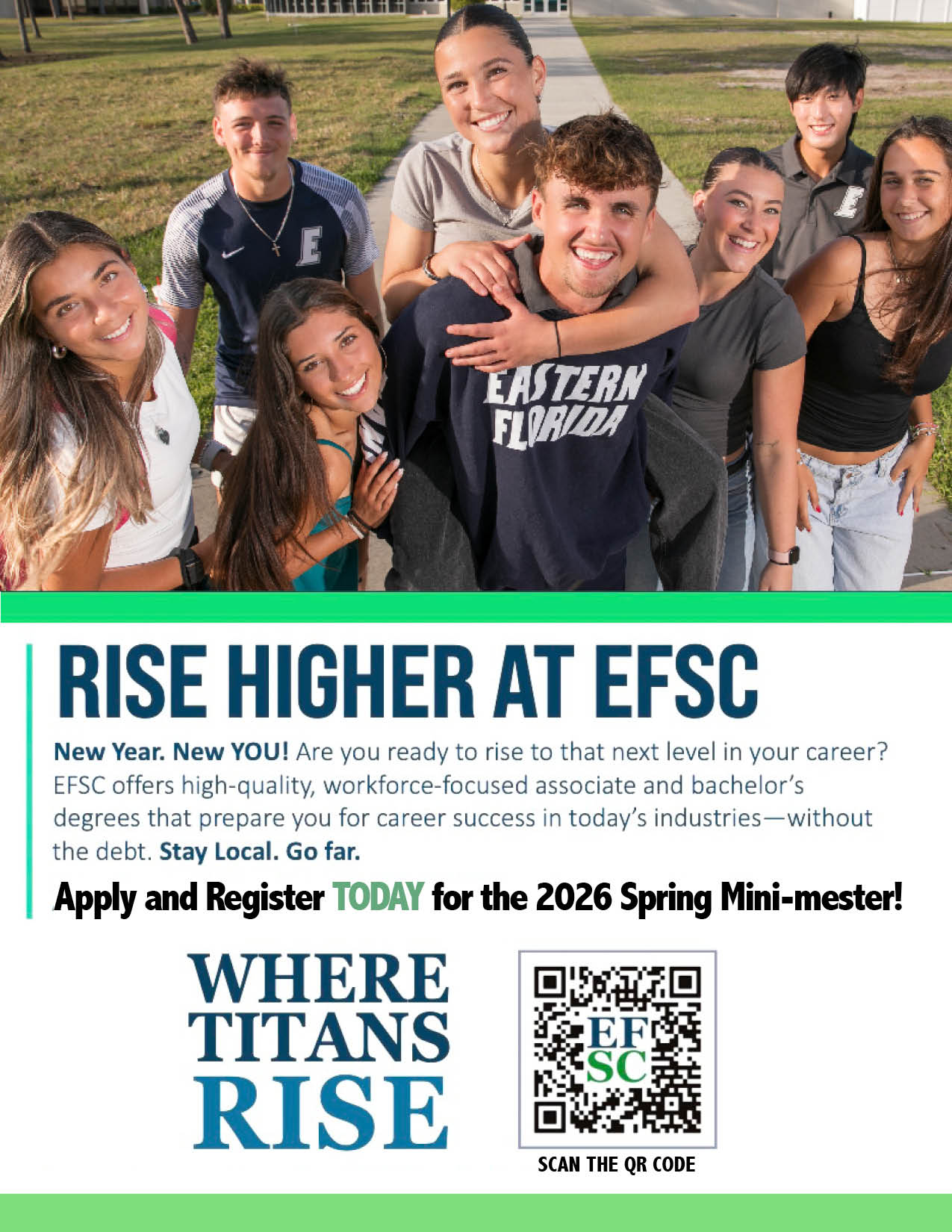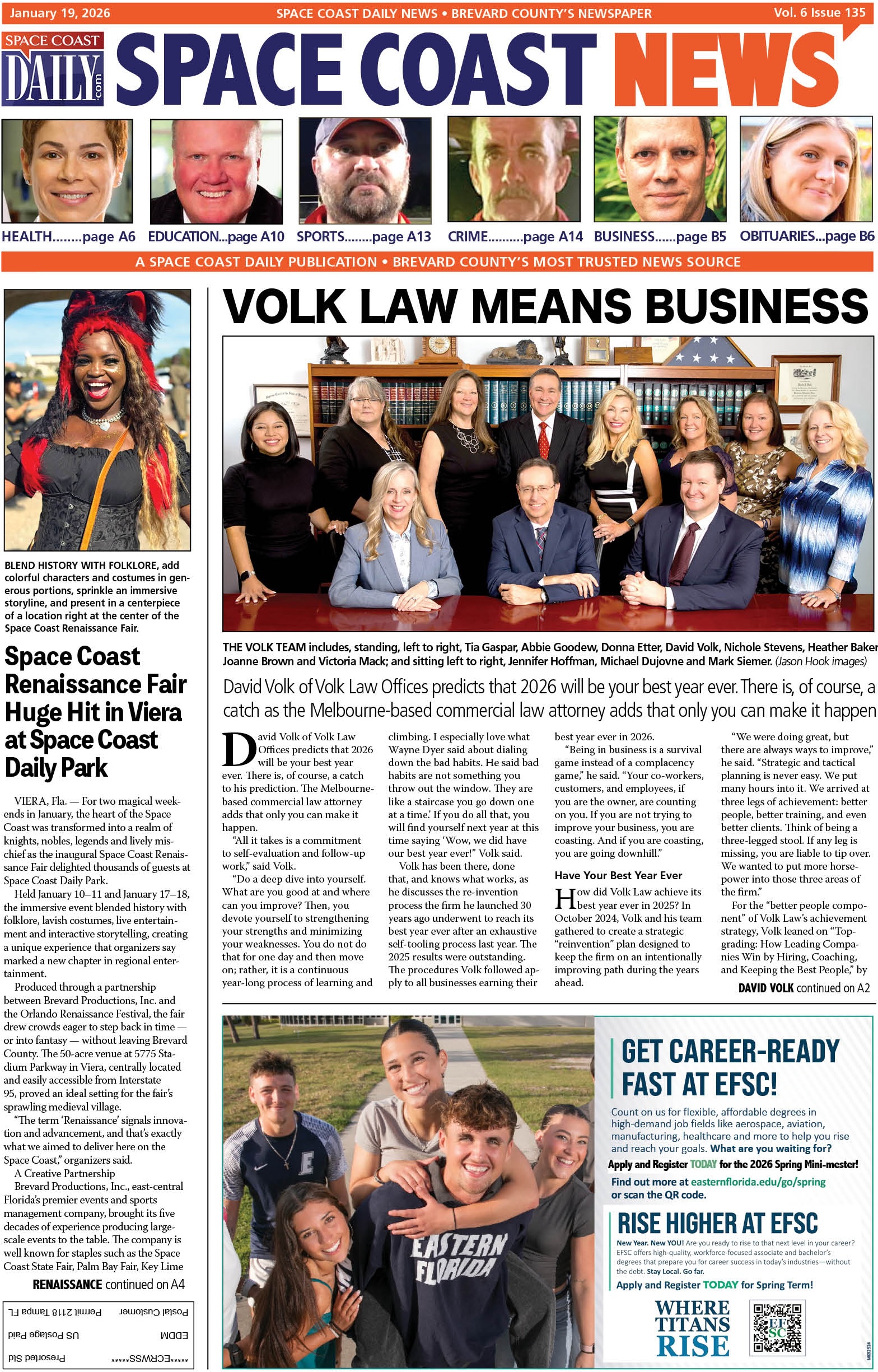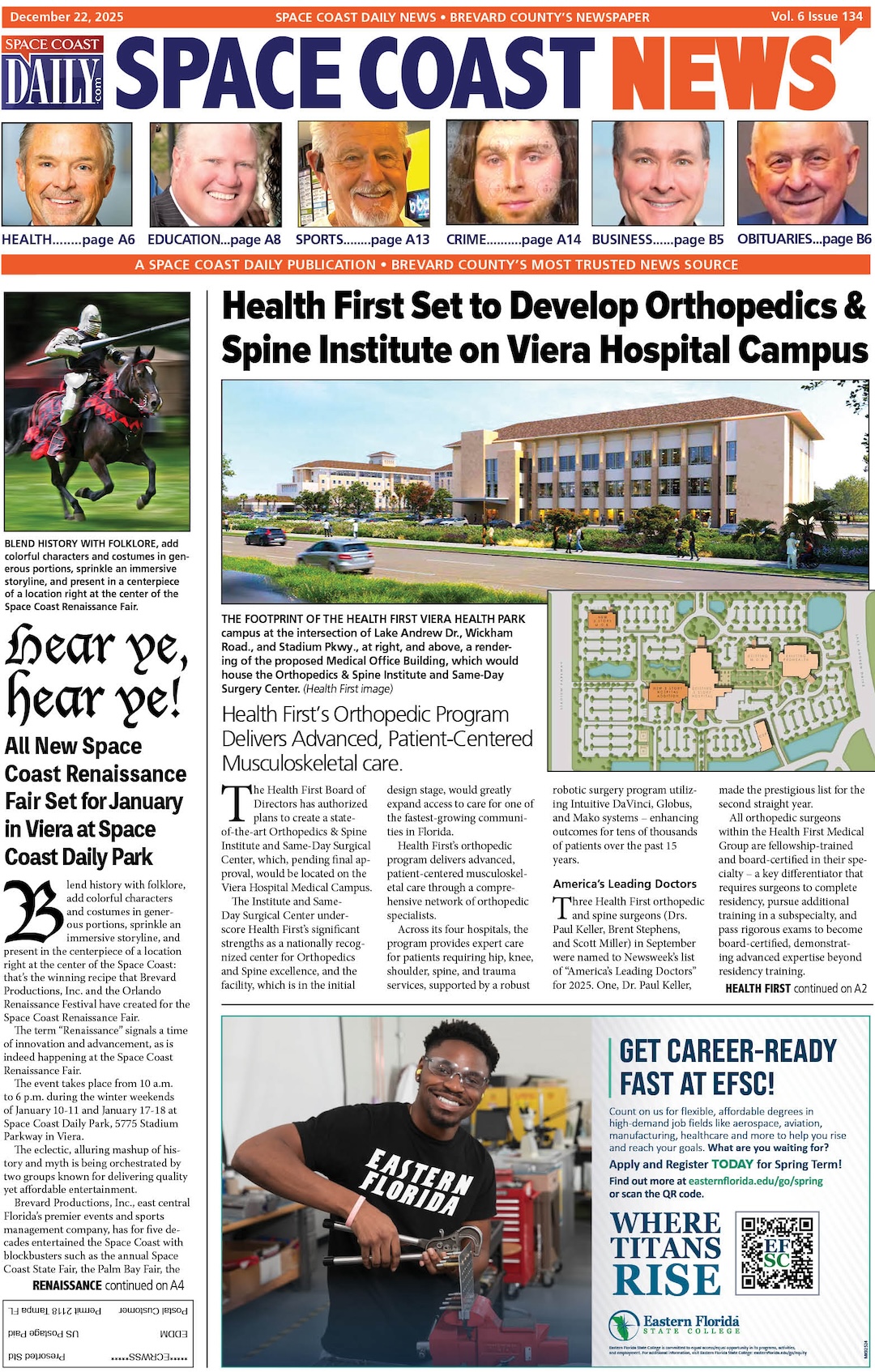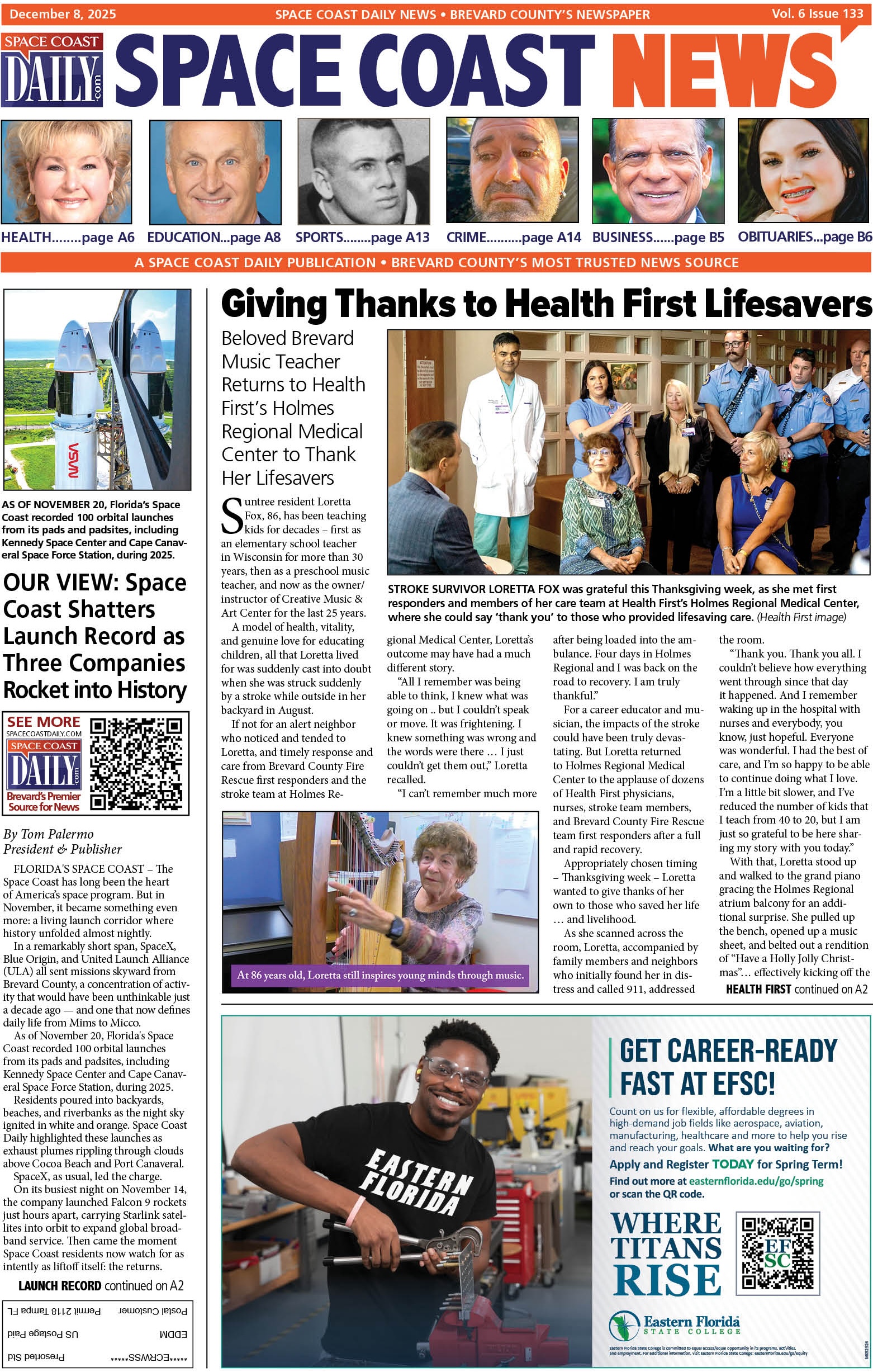Forever Florida Teaches Teens With Autism
By Dr. Sandra R. Wise, Licensed Clinical Psychologist // May 7, 2013
Equine-assisted Psychotherapy
ABOVE VIDEO: Part of the herd at Forever Florida’s Crescent J Ranch, Charolais bulls help autistic adolescents learn social thinking skills. In this video, the bovines are interacting with a new Equi-Spirit horse ball while students on the side-lines interpret their social behavior and responses to a novel object.
Teens with Autism learn the secrets of ‘Social Thinking’ from experts in the field–Horses and Cows!
KENANSVILLE, FLORIDA – Who could be better at teaching subtle non-verbal communication skills than living, breathing beings that depend solely on such skills for survival and success in navigating life in a socially complex community?
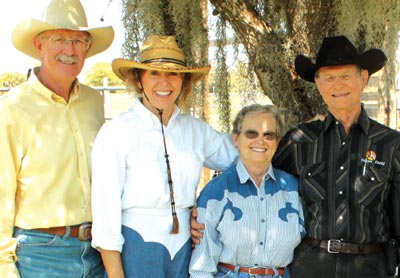
Equines and bovines have perfected the use of “body language” and demonstrate exquisite non-verbal communication skills in managing their own social exchanges.
Perhaps more striking, however, is the fact that they, as animals of prey, have also learned to use these skills to operate in a world which is alien to them—that is, the world of humans—who happen to be predators. That accomplishment, indeed, qualifies them as experts in the field.
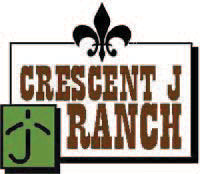 So on a sunny day last summer, eleven enthusiastic high school students who have been diagnosed with a form of high-functioning Autism called Asperger’s Syndrome, left their base camp at College Internship Program’s summer retreat in Melbourne and headed out to their temporary “home on the range,” that is, the Crescent J Ranch on the grounds of Forever Florida, the 4700-acre wilderness preserve in Osceola County. They were ready for their first lesson in social graces—equine /bovine style.
So on a sunny day last summer, eleven enthusiastic high school students who have been diagnosed with a form of high-functioning Autism called Asperger’s Syndrome, left their base camp at College Internship Program’s summer retreat in Melbourne and headed out to their temporary “home on the range,” that is, the Crescent J Ranch on the grounds of Forever Florida, the 4700-acre wilderness preserve in Osceola County. They were ready for their first lesson in social graces—equine /bovine style.
ABOVE VIDEO: Two teens with Asperger’s Syndrome debrief an equine-assisted learning session focused on social thinking and non-verbal communication skills. The video interview above was conducted four days after the session. Note how the young man is “reliving” his experience during the interview, as reflected in his body language, precisely mirroring the placement of his arms during the original experience four days earlier. This ability to bring back the experience with such perfect body memory reflects the emotional impact of this encounter.
College Internship Program Prepares Students With High-functioning Autism
The students, who came from locations as far away as Germany, were participating in a summer camp experience hosted by the Brevard Campus of College Internship Program (CIP), a post-secondary educational experience which prepares young adults with Asperger’s, ADHD and other learning differences for success in life.

CIP was founded by Dr. Michael McManmon, who has a unique perspective as he himself was diagnosed with Asperger’s syndrome and grew up in a large family with several individuals on the spectrum. When enrolled in one of the CIP programs—there are six across the country—students attend local colleges or take part in career development workshops along with individualized social, academic, career and life skills supports.
The summer program gives these youngsters, age 16 to 19, a taste of independence while residing on a college campus. The students learn that college is not all about academics; it’s about fostering connections and having fun while learning the necessary skills to succeed. One of those skills is called “social thinking,” which is what we do when we interact with others—that is, we think about them and about what they are thinking. This determines how we behave, and how we behave, of course, drives the responses we get from others.
Good ‘Social Thinking’ Skills Can Determine Success In Life
Michelle Garcia Winner, who coined the term Social Thinking more than 15 years ago, states, “Whether we are with friends, sending an email, in a classroom or at the grocery store, we take in the thoughts, emotions and intentions of the people we are interacting with.
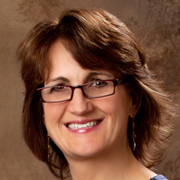
Most of us have developed our communications sense from birth onwards, steadily observing and acquiring social information and learning how to respond to people. Because social thinking is an intuitive process, we usually take it for granted. But for many individuals, this process is anything but natural. And this often has nothing to do with conventional measures of intelligence. In fact, many people score high on IQ and standardized tests, yet do not intuitively learn the nuances of social communication and interaction.”
The social thinking challenges which Winner refers to are common in individuals with autism spectrum disorders and similar diagnoses. But it is also true that many individuals who have never received a diagnosis experience social learning difficulties. People with such deficits are often perceived as rude and self-centered, as they have difficulty detecting when their conversational partner is becoming boring or when someone has extended a kindness to them which should be acknowledged. Hence, they are often negatively perceived and can easily become targets of bullying, which can lead to social isolation and depression.
The Beginning of an Innovative Approach to Teaching Social Thinking Skills
To address such deficits, experts in various fields, such as education and mental health, have developed methods to build social interaction skills in students and adults. Some learning programs involve classroom lectures and discussions with accompanying cartoons or story boards; some employ role-play; others focus on watching and debriefing movies and videos of human interactions. All of these approaches attempt to teach individuals how to process social information and recognize how their own behaviors are being perceived.
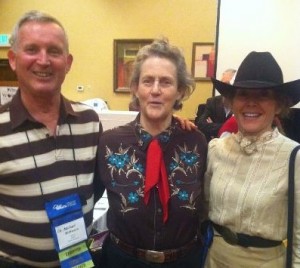
As I observed one of these social thinking classes at the Brevard CIP campus in April, I was struck with the thought that students with Asperger’s might be able to learn these skills, which are primarily non-verbal, much more effectively if we could remove the verbal component of social exchange during the actual learning experience. This would eliminate the need to decipher the subtleties of spoken language (idioms, etc.), which are often confusing for this population, and would bypass the need to formulate a verbal response, which can easily pull individuals with Asperger’s off task. Since many of the difficulties that these students run into in social situations involve missing important non-verbal social cues, I thought to myself, why not pair them up with the non-verbal experts I had been associated with for the past ten years—horses and cows?
Hence began the planning for “Social Thinking Skills—Straight from the Horse’s Mouth.”
Why Horses and Cows?
One only has to look to the work of Temple Grandin, a person with Autism herself, who has earned a Ph.D. and has distinguished herself as an expert not only in the field of animal science, but also in the field of treatment for Autism, to understand the benefits that can be accrued from immersing oneself in the equine and bovine world.

The sole method of communication in that world is body language. As noted above, it’s important to remember that horses and cows are animals of prey—a characteristic which has required them to develop uncanny skills in detecting and sending precise non-verbal signals.
It made sense to me to turn these students with Asperger’s over to the experts in the field. So on that sunny summer day in June, we literally headed out to the “field” far in the back of the Crescent J Ranch.
The Students Strike Out to Find a ‘Home on the Range’
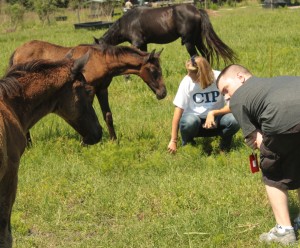
The students received no specific instruction as they rode in a safari coach to a pasture about three miles back into the beautiful natural setting at Forever Florida where they encountered one of several groups of Florida Cracker horses on the Crescent J, which boasts the largest herd of that breed, which is especially suited for equine-assisted psychotherapy, in the world.
Here the students entered the non-verbal world of a young stallion, Tequila, and his herd of mares. A number of colts had already been born and numerous other mares were still pregnant. The students were simply told to “go mingle” and communicate with these beautiful animals, who are quite social, despite the fact that the majority of the mares have never been trained or had any type of restraint placed on them.
The colts, which are born naturally in the field, had never been touched by humans. The students spent about 45 minutes in this pasture then visited a second pasture where a similar component of mares and colts, led by the stallion Pretty Boy, was living in community with a herd of cattle and calves, headed by one very large bull.
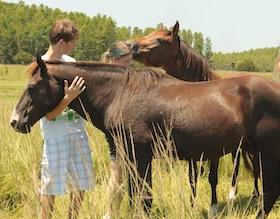
So what happened when these students, who have difficulty with social thinking skills, introduced themselves to the experts in the field?
One young student, Bryson, described his experience with the stallion Pretty Boy: “We had a conversation in our heads but we disagreed. He knew I was only there for the experience so he let me be there and didn’t give me too much trouble. He said to me, ‘You are out-numbered. I’m glad you’re here to visit because we aren’t that different from each other. Horses like us like to run. People like you like to relax. And relaxing is kind of like running.'”
Bryson’s efforts were clearly aimed at trying to read what Pretty Boy might have been thinking—that’s the essence of social thinking.
Bryson continued, “The horse’s head was cutting off the circulation in my arm.” When asked why he didn’t move his arm, he stated, “Because I was feeling the love from the horse.
He had love for me and I had love for him.” Bryson was profoundly affected by this interaction with the stallion. In the debriefing he repeatedly spoke about how his arm was falling asleep under Pretty Boy’s head but he was so happy to be holding him that he didn’t mind so much.

He also talked about how calm and clear his mind felt just being in the “wide-open spaces” of the natural wilderness. He reported that he has a hard time learning in other environments because there are so many distractions, but out at the ranch he felt like he could take it all in and “everything made sense.”
Sarah, who now attends CIP fulltime, told us, “I want to be with the horses because they help me learn about human behavior with their bodies. I want to teach special education and I need to know about body language for that. Horses are therapeutic. They make us feel more comfortable than sitting in a classroom.”
Another student added, “I can learn out here. With the horses there’s less distraction.”
Horses and Cows Prove to be Great Teachers, So What’s Next?
Due to the success of this summer camp venture and other similar CIP student and staff visits, The Equine Education Center, Forever Florida’s division that directs the equine-assisted mental health programs, is now staging a weekly equine-assisted learning experience as part of the social thinking curriculum for a number of CIP students this fall semester.
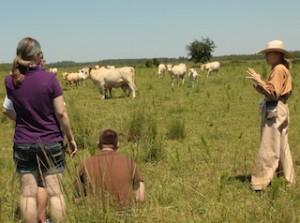
Our hope is that these special students will gain confidence in their ability to learn and practice social thinking skills by interacting in a non-threatening environment where non-verbal language—which is, after all, the true language of relationships—is the only language expressed and comprehended.
They can then build on this confidence to develop the full range of social communication skills needed to navigate in that seemingly alien world known as human relationships.
ABOUT THE AUTHOR
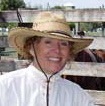
Dr. Sandra Wise has worked in private practice, was the Director of Mental Health for several Colorado prisons and for the Delaware State Department of Corrections, and is the creator and co-founder of the Eye-of-a-Horse program at Forever Florida. She has taught graduate-level courses in clinical psychology and has conducted numerous workshops and clinics, assisting clients of all ages and life challenges. In each of these settings, she has been highly effective in helping her clients and students improve self-awareness and understanding. In 2002, Dr. Wise began utilizing principles of applied behavioral analysis in training horses and cattle, and her skills as a psychologist have permitted her to achieve amazing results. The combination of Dr. Wise’s horsemanship and psychotherapeutic skills creates unique opportunities for exploration, insight, and dynamic growth for her equine-assisted learning/therapy clients.

